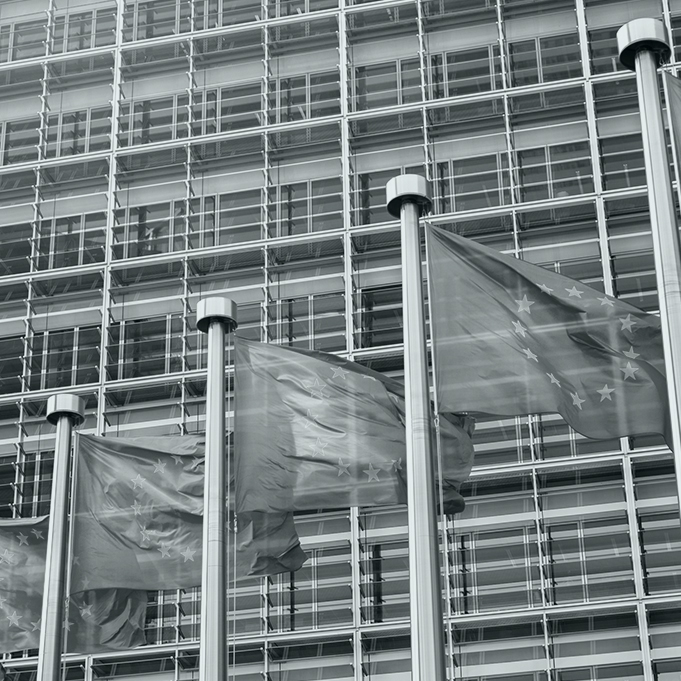Brexit and Patents (2016-11-01)
UK innovators seeking patent protection in the UK and abroad, and foreign applicants seeking protection in the UK currently make use of various routes: the European Patent Convention (EPC), which is operated by the European Patent Office (EPO); the Patent Cooperation Treaty (PCT); and the UK national patent system, which is operated by the UK Intellectual Property Office.
None of these patent systems will be affected by Brexit.
The EPC is a system which provides for the grant of a “European” patent covering 38 countries (including the 28 member states of the EU). The EPC is independent of the EU and the filing, examination and grant of European patents by the EPO will be unchanged. After Brexit, European patents will continue to cover the UK. They will still be available to UK companies and residents, and European Patent Attorneys based in the UK will still be able to carry out all actions before the EPO.
The PCT system is a system which facilitates the filing of patent applications in over 150 countries of the world. The PCT system operates independently of the EU and the filing and examination of PCT patent applications will be unchanged. After Brexit, PCT patent applications will still be able to designate the UK either for a national patent or for a European regional patent. UK based patent attorneys will still be able to perform all actions in relation to PCT patent applications.
The UK national patent system provides for the grant of patents covering the UK only. It can be a low cost, relatively rapid and straightforward route for obtaining UK patent protection. The UK national patent system will not be affected by Brexit.
Contrary to the implication from its name, a European patent granted by the EPO is not actually a single patent. Rather it is a bundle of national patents. This means that a European patent has to be renewed independently in each of the countries in which continued protection is required. In addition, enforcement/revocation of a European patent is carried out on a country-by-country basis with the possibility of different outcomes in different countries.
It is proposed to introduce a new patent system covering most of the EU states. This so-called Unitary Patent, when implemented, will be operated by the EPO alongside the existing EPC system and will give rise to a truly unitary patent covering 25 of the 28 European Union states. The vote by the United Kingdom to leave the EU will at least delay the implementation of the Unitary Patent. If the Unitary Patent goes ahead, it is not clear whether a Unitary Patent will cover the UK (it may still be possible for the Unified Patent system to include the UK, even if the UK leaves the EU.) Regardless of whether the UK will be covered by a Unitary Patent, UK companies and residents will still be able to apply for a Unitary Patent in respect of the countries that are covered. European Patent Attorneys based in the UK will still be able to act before the EPO in respect of the grant of Unitary Patents.
